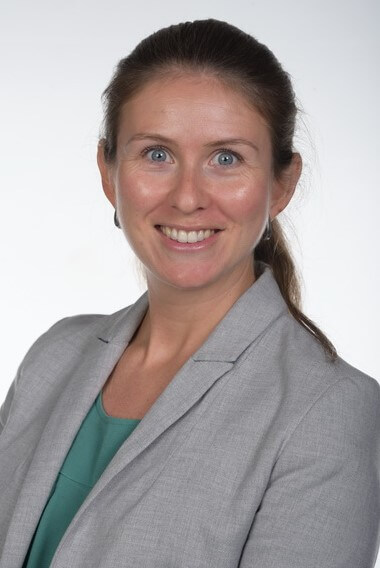FROM THE HEAD OF SENIOR
We are a vibrant, purposeful, inclusive, very friendly, multicultural community made up of students from many different nationalities. Relationships are strong and supportive. Our staff and students all work and collaborate within a caring, friendly and happy atmosphere that resonates throughout our school.
In recent years, the Senior School and our Sixth Form has grown considerably both in terms of the number of students on roll and the breadth of courses on offer. Nevertheless, with small class sizes the quality of education we offer is first class, with results at GCSE and A Level being consistently well above the UK National average.
Key Stages in Senior School
In line with the National Curriculum in England and Wales, our school is constructed in five Key Stages.
Key Stages 1 and 2 are Primary School, Key Stages 3, 4 & 5 are Senior School.
Please expand the sections below to read about Key Stages 3, 4 & 5:

